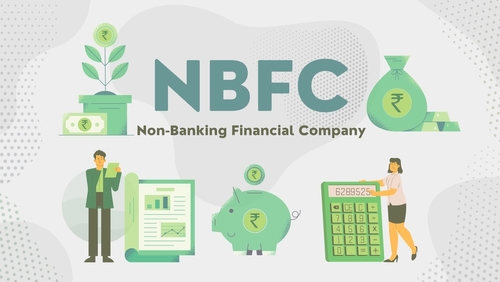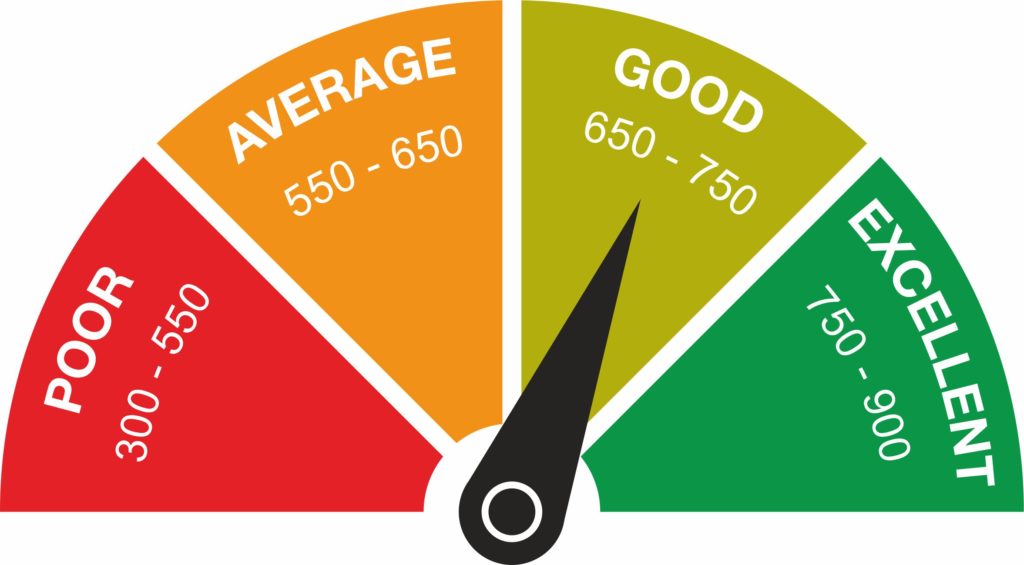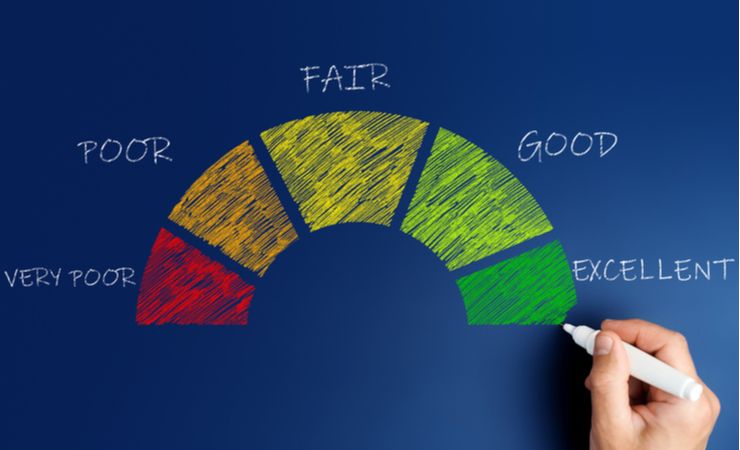Table of Content
▲
How Low is a "Low CIBIL Score"?
How to Get a Home Loan with Low CIBIL Score
Here are a few ways that you can use to get a home loan despite a low CIBIL Score.
1. Approach NBFC for Home Loan:
Non-Banking Financial Company is referred to as NBFC. Similar to a bank, it is a financial institution that offers loans to clients, but it doesn't carry out any other operations like taking deposits, transferring money, providing payroll services, etc. Bajaj Finserv, Tata Capital, Muthoot Fincorp, HDB Financial Services, etc. are a few of the well-known NBFCs in India.
[caption id="attachment_8908" align="aligncenter" width="500"] Non-Banking Financial Solutions[/caption]
Non-Banking Financial Solutions[/caption]
2. Include a Co-Applicant with Good CIBIL Score:
3. Increase Your CIBIL Score:
How to Increase CIBIL Score
Find below a few effective ways that you can use to increase your CIBIL Score in no time.
1. Raise a Credit Repair Request: On the CIBIL website, a credit repair request can be submitted. If a borrower's CIBIL score is poor as a result of erratic past repayments, they must make this request. Technical mistakes that occurred when deducting the EMI amount, failure to get the credit card statement in time before the due date, disregard for EMI holidays or the moratorium period, among other things, are some of the causes of delayed or missed payments.The credit score can be changed with a credit repair request based on the information and supporting documentation.
2. Clear Your Dues: This calls for paying off all of your debts, primarily unsecured debt from credit cards and personal loans, in full rather than settling for a sum less than the full balance owed. Please be sure to obtain a "No Objection Certificate" (NOC) from the lender for the transaction; it must not state that the account has been settled.
Financial institutions engage in debt settlement when a borrower is unable to pay back the credit they have obtained and the lender offers to settle the account for a sum that both parties can agree upon. Such accounts appear in CIBIL reports as "settled," which significantly lowers the score.
3. Regularize Your Repayment Record: This requires you to pay your EMIs and credit card dues before the due date regularly so that the past payment repayment record won’t show any irregularities. Practicing this for at least 12 months would reflect positively in the CIBIL report and score.
4. Avoid Applying for Multiple Loans: It is human nature to apply to other banks for the same credit card or personal loan when one bank rejects our request. Additionally, we submit such applications to the same bank several times in a short period of time—say, six months. The CIBIL score is lowered in such circumstances.
Banks review your CIBIL report whenever you apply for an unsecured loan, such as a personal loan or credit card, in order to analyze your credit history. The number of times the CIBIL report has been accessed is now tracked by CIBIL reporting companies. This is referred to as Hard Inquiry. As a Hard Inquiry is associated with a specific loan application, it typically reduces the score by 10 points.It is typically advised to wait 12 months before making any new loan or credit card applications for persons with poor CIBIL Scores. Waiting a year and routinely repaying any outstanding debts (if any) throughout this time substantially raises the CIBIL score.
5. Consolidate Your Debts: You might also think about consolidating your debts by choosing alternatives like applying for a personal loan and using the proceeds to pay off your mortgage, using home loan balance transfer services, etc. This enables you to combine all of your debts into a single payment and pay them off quickly while establishing a new repayment plan based on your financial priorities.

Other Factors Considered by Lenders When Providing a Home Loan
Despite the fact that CIBIL is one of the most crucial variables taken into account when obtaining a home loan, some lenders may ignore a tiny discrepancy in the required CIBIL score cut-off. For instance, the applicant might have a CIBIL score of 620–630 but the lender requires a minimum of 650. It should be emphasized once more that approvals under such restrictions are entirely up to the Bank's discretion. These could vary from one lender to the next.For loan approvals under such conditions, lenders may consider the following factors:
-
The applicant is working in a renowned Multinational Company or a Government Institution, and has a considerably higher salary than the minimum required for the loan amount applied.
-
The applicant has decent employment stability (say 10 years or so)
-
The applicant has a good and healthy relationship with the bank.
-
The applicant is engaged in a respectable profession such as Defence Officers, Doctors, Nurses, Senior Teachers, IAS Officers, etc.
-
The applicant meets the monthly income criteria of the chosen lender.
How to Get CIBIL Report Online?
Here is how you can get the CIBIL report online and check your CIBIL Score with great ease.
Step 1: Visit the CIBIL website and fill out the online application form by providing your details such as name, mobile number, bank account information, location, etc.
Step 2: Make the CIBIL Report charges payment using your preferred payment mode. Keep the payment receipt and make a note of the transaction ID before proceeding with the application.
Step 3: Answer a few credit-related questions, such as your active loan details, credit card information, loan repayment history, etc. Once the authentication is successfully completed, you will get your CIBIL Report sent to your registered email address.
Advantages of Home Loans with a Low CIBIL Score
Find below a few major advantages of availing of a home loan with a low credit score.- You can finance the home of your choice with a low credit score home loan.
- They provide adjustable repayment schedules and can be paid back in convenient monthly installments.
- If you have the money to pay off such house loans before the final due date, you can also pre-close them.
- If you make on time payments on these mortgages, they assist you raise your credit score.
Disadvantages of Home Loans with a Low CIBIL Score
Find below a few disadvantages of availing of a home loan with a low credit score.- Bad credit score home loans come with higher interest rates.
- A higher amount of fees and other related charges are applied to such home loans.






_1771582392.webp)
_1771577585.webp)